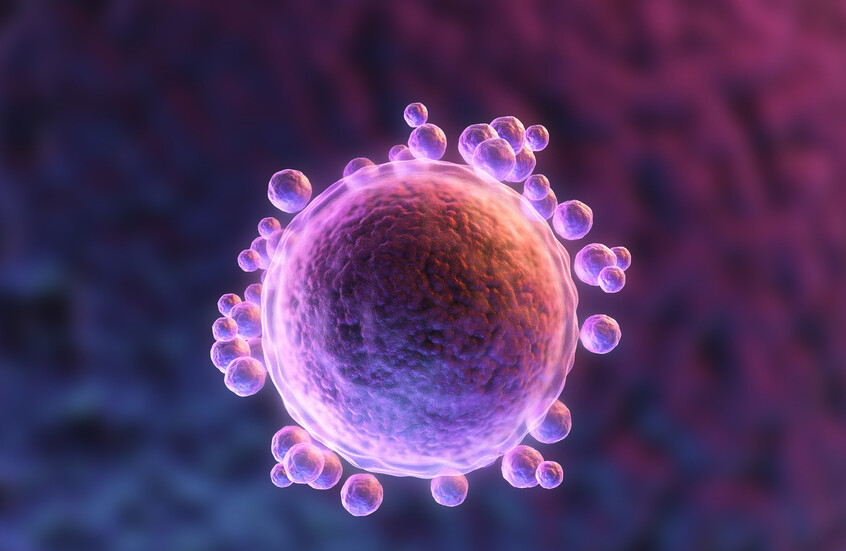Revolution in Medicine: Producing Human Eggs from Skin Cells

Scientists at the University of Oregon have achieved unprecedented scientific progress by successfully producing human eggs using skin cells, in a breakthrough that could open new horizons for infertility treatment and change the future of reproduction.
The researchers say that the new technique could offer hope to women who have lost the ability to conceive due to aging or medical treatments, as it will provide them with eggs that are genetically linked to them. The team also noted that the cells used do not necessarily have to come from women; they can also come from men, raising the possibility of having a child with a biology completely different from the traditional conception.
Despite the great ambitions, the technique is still in its early stages, as scientists face complex challenges related to chromosomes. Experiments have shown that most of the produced eggs carry abnormal chromosomal structures, preventing them from developing into healthy embryos. Of the 82 eggs produced by the team, less than 10% reached the stage that typically allows for embryo transfer to the mother's womb, and none survived after six days of growth.
Professor Shokrat Metabipov, the leader of the research team, described the result as "proof of concept," noting that developing the technique and making it safe and effective may require a full decade of research. Meanwhile, Professor Paula Amato, a co-author of the study, emphasized that the biggest challenge lies in ensuring chromosomal stability to avoid unhealthy embryos.
Despite the obstacles, experts view this achievement as the beginning of a revolution in fertility treatments. Professor Richard Anderson from the University of Edinburgh believes that "the ability to generate new eggs will represent a tremendous advance," while Professor Ying Cheung from the University of Southampton stated that this research "could completely change our understanding of infertility and miscarriage."